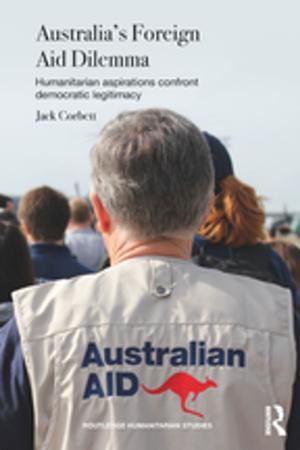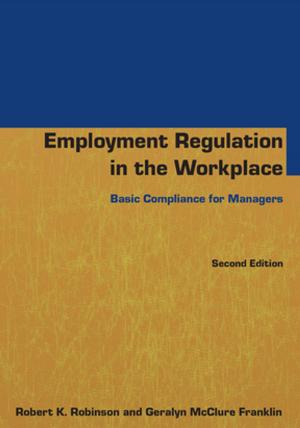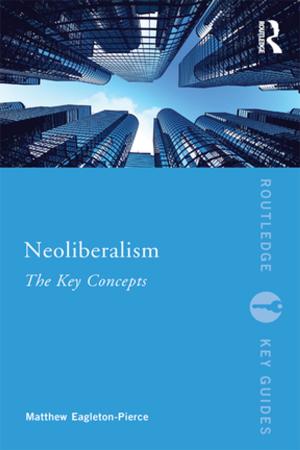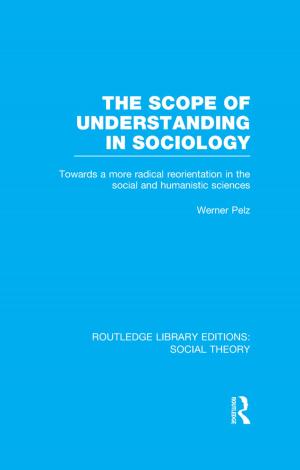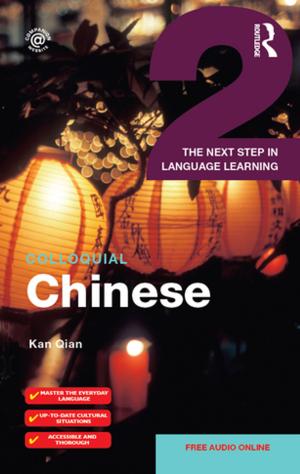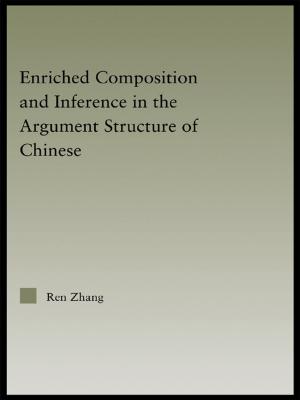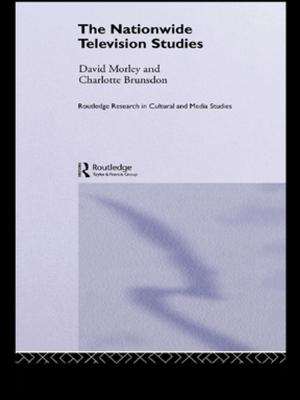| Author: | Brian Tew | ISBN: | 9781136515699 |
| Publisher: | Taylor and Francis | Publication: | October 8, 2013 |
| Imprint: | Routledge | Language: | English |
| Author: | Brian Tew |
| ISBN: | 9781136515699 |
| Publisher: | Taylor and Francis |
| Publication: | October 8, 2013 |
| Imprint: | Routledge |
| Language: | English |
Attempts to establish an international economic and financial order where a key feature of the settlement which followed the Second World War, as policy makers sought to establish a framework which would prevent an economic crisis on the scale of the great depression. This volume explores this period, focusing on monetary issues.
Part 1 provides a general analysis of the scope for international monetary co-operation dealing in particular with:
* The Provision of additional means of international settlement
* The arrangement of settlements on a multilateral basis
* The orderly fixation of exchange rates
* The correction of international disequilibria
* The provision of safeguards against the international transmission of business depressions.
Part 2 deals with the actual machinery of international co-operation since the war and in particular with * The International Monetary Fund
* The European Payments Union
* The role of sterling
Part 3 surveys the actual course of events since 1945, illustrating the problems that have called for treatment by international co-operation, the extent to which such treatment has been attempted, and with what success.
Attempts to establish an international economic and financial order where a key feature of the settlement which followed the Second World War, as policy makers sought to establish a framework which would prevent an economic crisis on the scale of the great depression. This volume explores this period, focusing on monetary issues.
Part 1 provides a general analysis of the scope for international monetary co-operation dealing in particular with:
* The Provision of additional means of international settlement
* The arrangement of settlements on a multilateral basis
* The orderly fixation of exchange rates
* The correction of international disequilibria
* The provision of safeguards against the international transmission of business depressions.
Part 2 deals with the actual machinery of international co-operation since the war and in particular with * The International Monetary Fund
* The European Payments Union
* The role of sterling
Part 3 surveys the actual course of events since 1945, illustrating the problems that have called for treatment by international co-operation, the extent to which such treatment has been attempted, and with what success.

